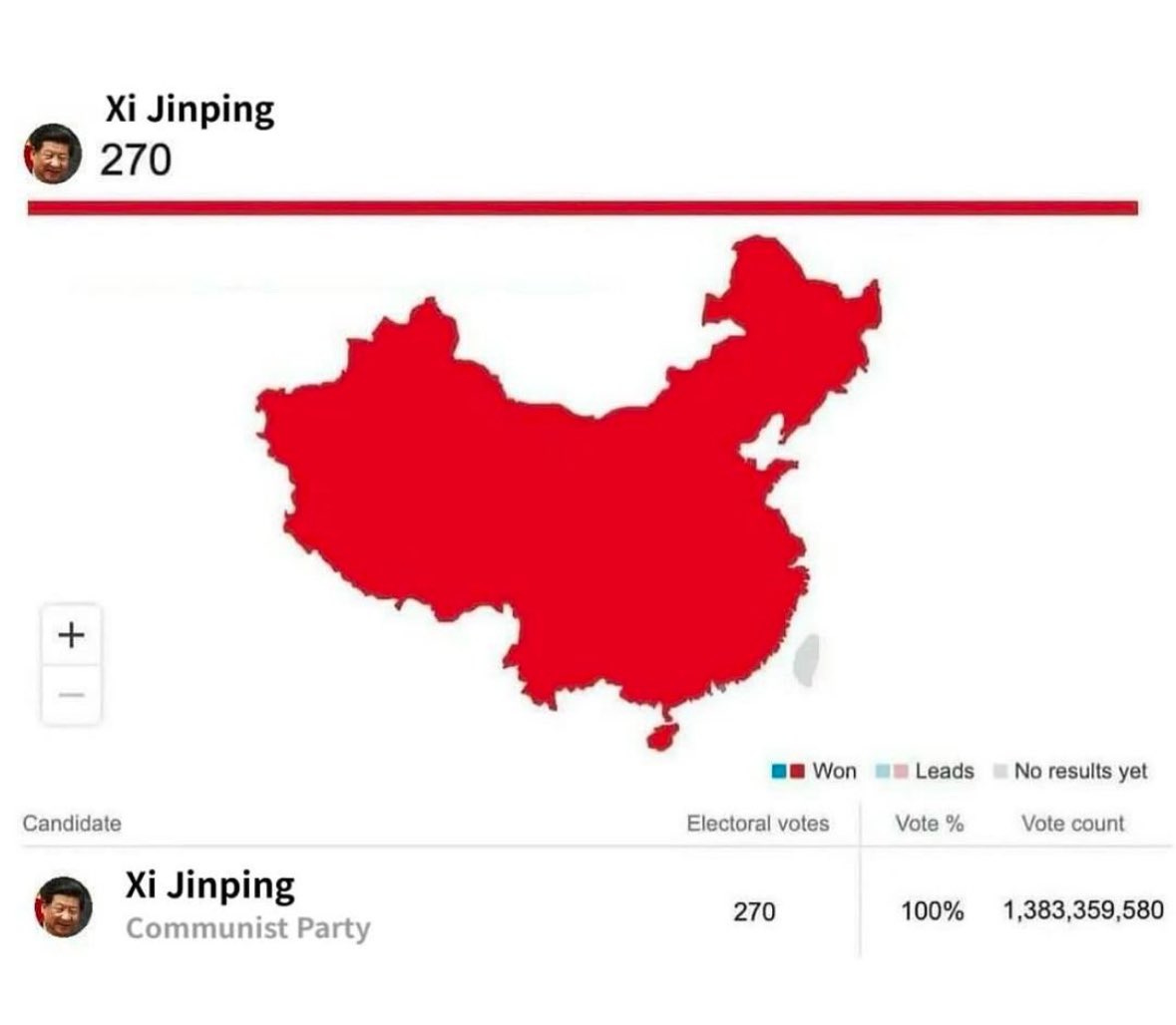After the Vote: Dodging the Bullet of PRC Post-Election Mischief
A rapidly determined victory undermines what was potential fodder for China-linked disinformation activities
There is much being said—and written—about the outcome of yesterday’s U.S. election and Donald Trump emerging as victor, including its implications for U.S.-China relations. As I have been specifically watching for hints of PRC-linked disinformation efforts surrounding the polls, I felt it was worth noting that the decisive nature of the victory has, at the very least, fended off already percolating attempts by China-linked social media accounts to spread claims of election fraud.
At least two pieces of research published over the past week uncovered evidence of such activity.
A joint investigation by Voice of America and the Taiwan-based DoubleThink Lab found that “between October 23 and 31, a total of 38 Spamouflage accounts [accounts that are part of a long-standing PRC-linked network] posted at least 55 times content that cast doubt on this year’s election integrity.” In many cases, the posts were copies of videos or partial news articles that had been published by U.S.-based entities, but in this way were spread more widely by the China-linked accounts.
In another example, yesterday, the Atlantic Council’s DFR Lab published an investigation indicating that China-linked fake accounts were amplifying Russian-made disinformation claiming fraud, including manipulated videos appearing to have been produced by the FBI or national news outlets. The researchers write that this “suggests potential cooperation between entities aligned with these two actors [Russia and China] to implement malign influence operations,” though they say evidence of the campaign being coordinated by the two governments was not found.
While the scale of this activity is relatively small—compared to either Russia-linked incidents like calling in fake bomb threats to polling stations or domestic U.S. political actors circulating allegations of fraud—the fact that PRC-linked actors were primed to do the same is meaningful. At the very least, it reinforces the understanding that a clear goal of Beijing’s influence operations targeting the United States is to sow division among Americans and undermine trust in our democratic institutions.
As Washington’s policymaking machinery shifts into gear preparing for a new administration, this fact should also inform how much—or little—trust to place in any overtures from CCP leaders or assertions that they would never “interfere” in the internal affairs of other countries.
On a lighter note, I just had to share this great meme that Nathan Attrill of the Australian Strategic Policy Institute posted of what China’s electoral map would look like.

Let’s hope there comes a day in our lifetimes when people in China are able to freely cast a ballot for their own president.



